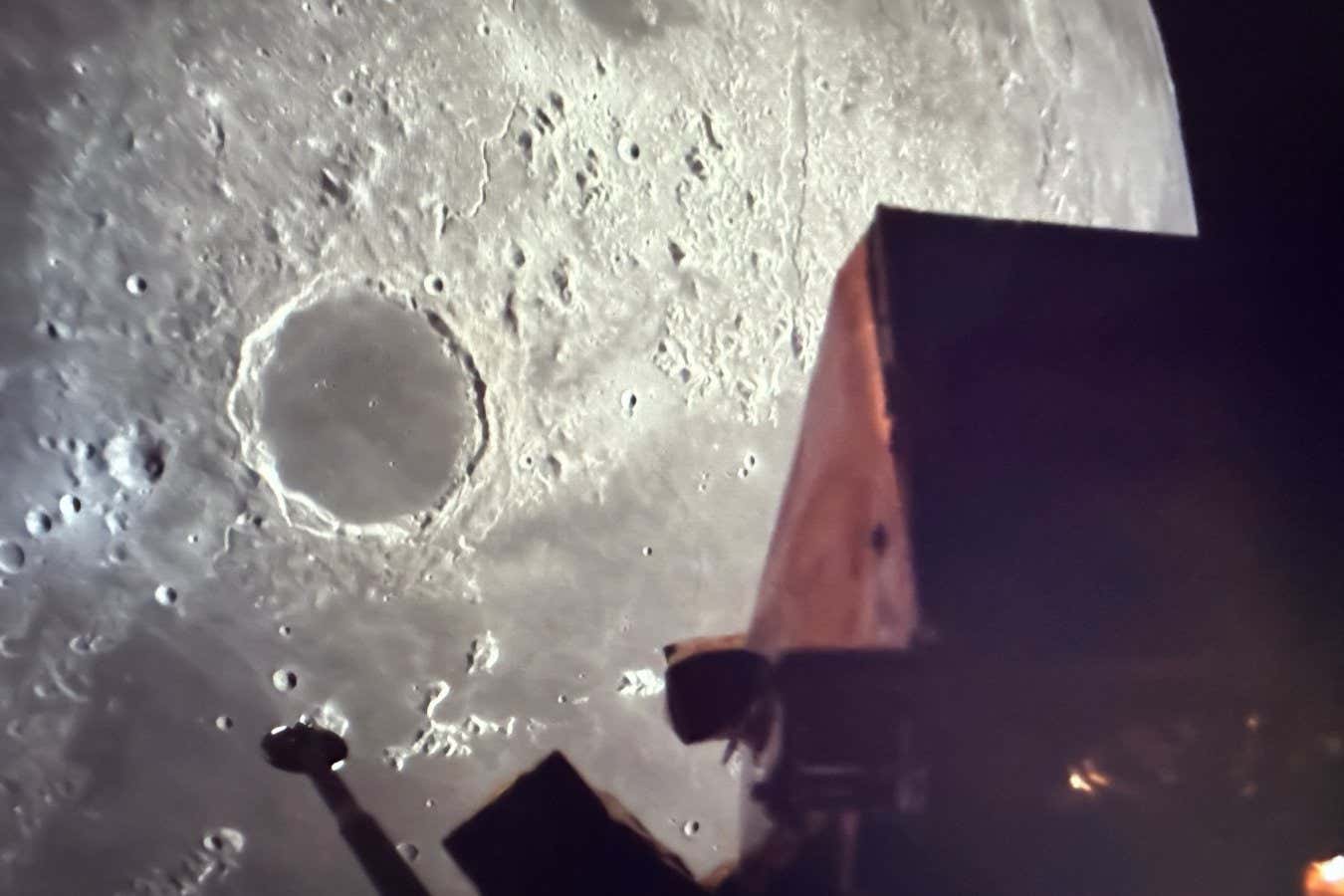Now Reading: Japan’s Resilience Lander Crashes on Lunar Surface
-
01
Japan’s Resilience Lander Crashes on Lunar Surface
Japan’s Resilience Lander Crashes on Lunar Surface

Quick Summary
- Japan’s ispace failed in its attempt to achieve the third-ever private lunar landing as its Resilience lander crashed on June 5, following a malfunction in a laser distance sensor.
- Communication with the lander was lost after it descended to about 20 km above the moon’s surface and started its final engine burn.
- CEO Takeshi Hakamada stated that telemetry data analysis is underway to determine contributing factors behind the failure.
- The Resilience mission contained six experimental payloads,including devices for splitting water into hydrogen and oxygen,algae-based food production,radiation monitoring equipment,and a 5-kilogram rover named Tenacious for exploration.
- The lander launched on January 15 aboard a SpaceX rocket alongside Firefly aerospace’s Blue Ghost lander. It took an indirect route into Mare Frigoris-an unexplored northern lunar plain-via deep space before entering lunar orbit on May 6.
- Successfully landing would have made Resilience the frist non-US private company to accomplish this and added Japan’s name among entities capable of lunar exploration.
!campaign=RSS%7CNSNS&utmsource=NSNS&utmmedium=RSS&utmcontent=home”>Read More
Indian Opinion Analysis
The failure of Japan’s Resilience mission highlights both the complexity of space exploration and rising global interest in privatized lunar missions. India can draw valuable lessons from such setbacks. It underscores how critical precision technologies like sensors are for mission success-a factor Indian missions such as Chandrayaan will continuously need to innovate upon.
Equally significant are strategic opportunities posed by aiming at unexplored regions like mare Frigoris. India’s growing expertise through ISRO may benefit from expanding partnerships in cooperative international space research targeting new terrains or payload innovation akin to hydrogen-based experiments showcased here.
Despite challenges evident with repeated failures (including Hakuto-R), endeavors like these position private companies at pivotal roles globally alongside national players like ISRO. This strengthens possibilities for collaborative projects that reduce financial strain while sharing technological risks effectively across nations engaging in extraterrestrial investigations.




























